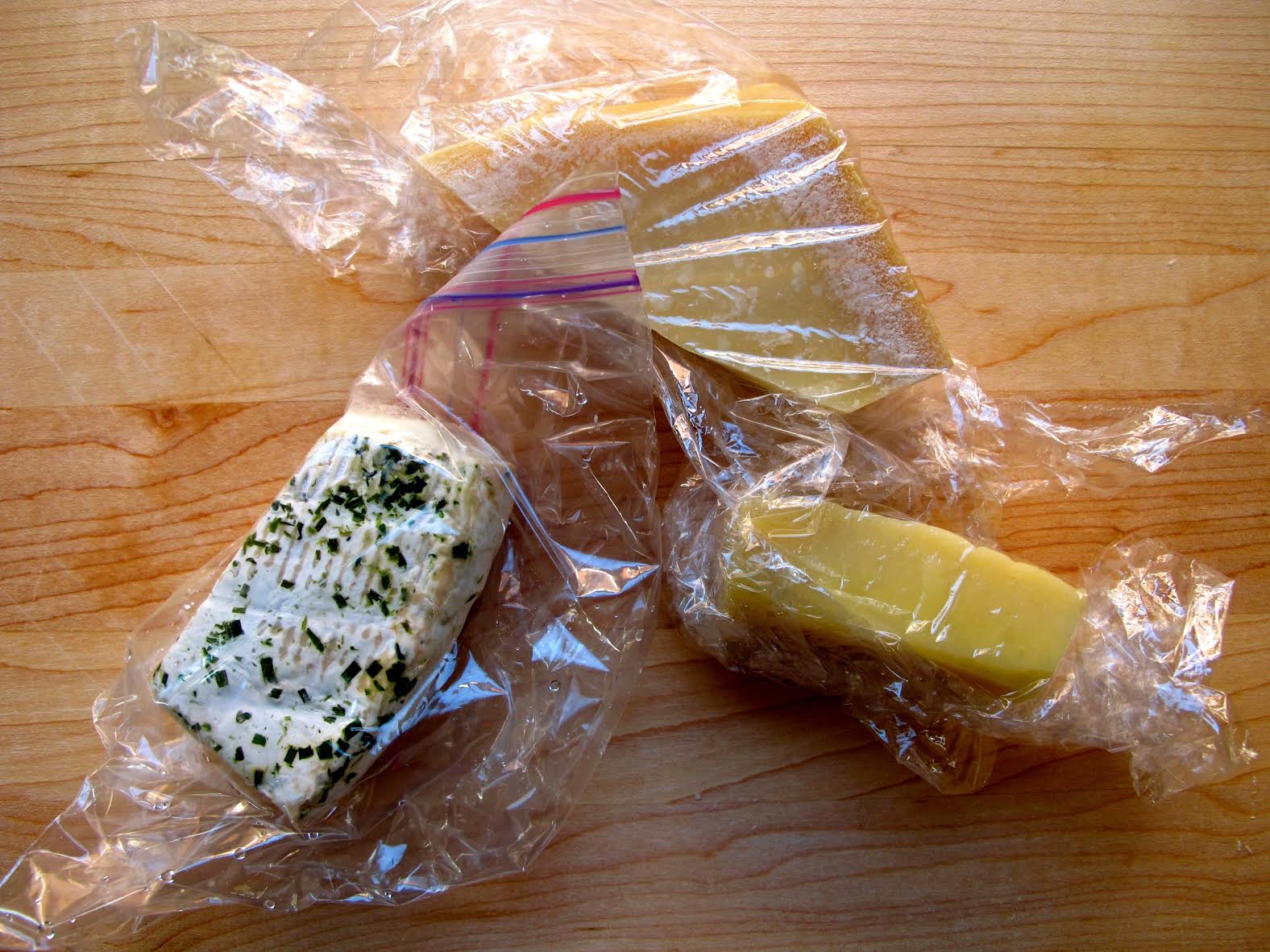Almost every household uses cheese on an everyday basis. But, storing and wrapping it is of equal importance. So, let us see a few tips to wrap and store the cheese properly. Cheese is used in households on an everyday basis. You need to take care that the cheese stays fresh so that you can enjoy eating it for longer.
Wrapping the cheese in plastic can suffocate this delicate item and lead to mold formation. In addition, the cheese may start to taste like plastic. The ideal way to store cheese brings extra life to the ingredient. To achieve this, here are a few storing and cheese wrapping tips from Formaticum. You also get cheese storage bags or try these simple solutions that will work wonders for your kitchen.
How to Store your Cheese?
The cheese needs to be wrapped before you can store it safely. Plastic wrap is the worst way to wrap your cheese. They will rotten the cheese quickly. They need to go in for a wax or parchment paper as it allows airflow and lets the cheese breathe. You also get cheese paper in the market, but it costs a bit extra. You must label the cheese before wrapping it. They must remember to write the date of purchase on the paper to keep track of how long you can consume it.
How to Wrap your Cheese?
- Make it a habit to mention the name of the cheese variety on a strip of paper that will act as a label.
- Put this label on the sheet of wrap used to cover the cheese.
- Place the parchment or wax paper over the label.
- Your cheese must be wrapped in paper first. Then you may loosely wrap it in plastic wrap.
- This method will help the cheese stay fresh for a longer time, and the label will help you know about the variety instantly. The cheese is now ready to store.
Where to store the cheese?
The cheese needs to be stored in the refrigerator. It will help to maintain the desired temperature. Same goes for most other jarred and bottled goods.
How long can the cheese be stored?
The life of the cheese can be increased by proper wrap and store. The Parmesan variety of cheese can stay good for a couple of weeks. Cheddar cheese can also last for a couple of weeks. Softer cheeses should be eaten quickly as they do not last long.
Can Moldy Cheese be eaten?
Molds generally do not penetrate much deeper into hard cheeses like Cheddar or Parmesan. Therefore, you may scrap the moldy parts safely and eat the rest of the cheese. Shredded, crumbled, or sliced cheese needs to be discarded if they have developed a mold. Soft cheeses like blue cheese and Brie have mold as an ingredient, but if you see new growth, you must discard the cheese immediately.
Conclusion:
All these tips will let you enjoy the cheese for a longer period. Just don’t smother it and relish the cheese with your family and friends. Wrapping and storing are the key parts to keep the cheese alive, so do follow the right method to do the same.
